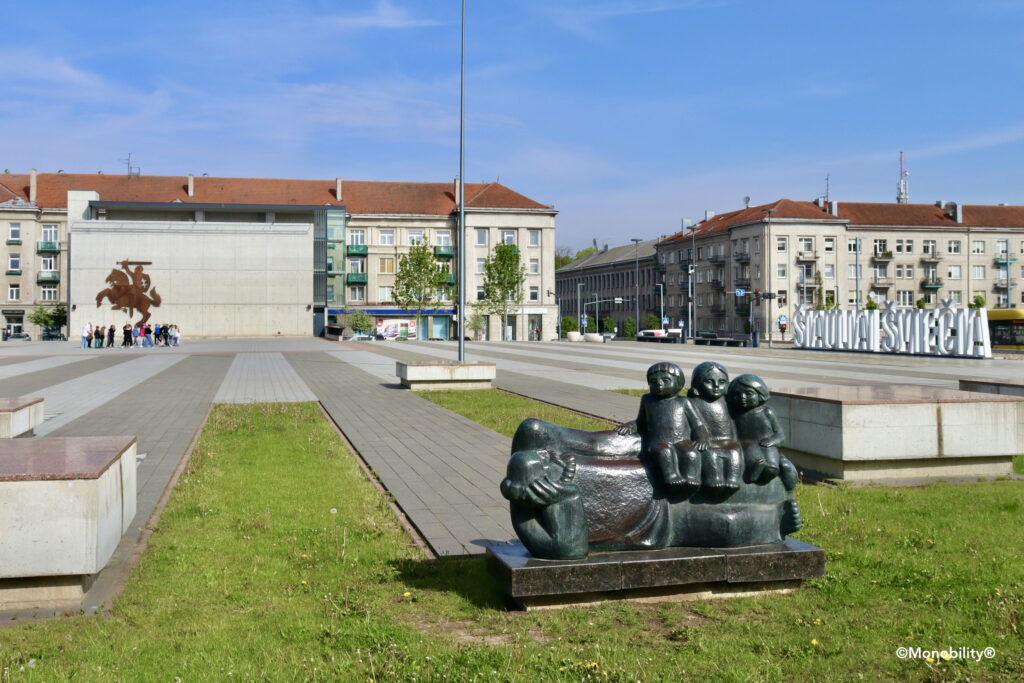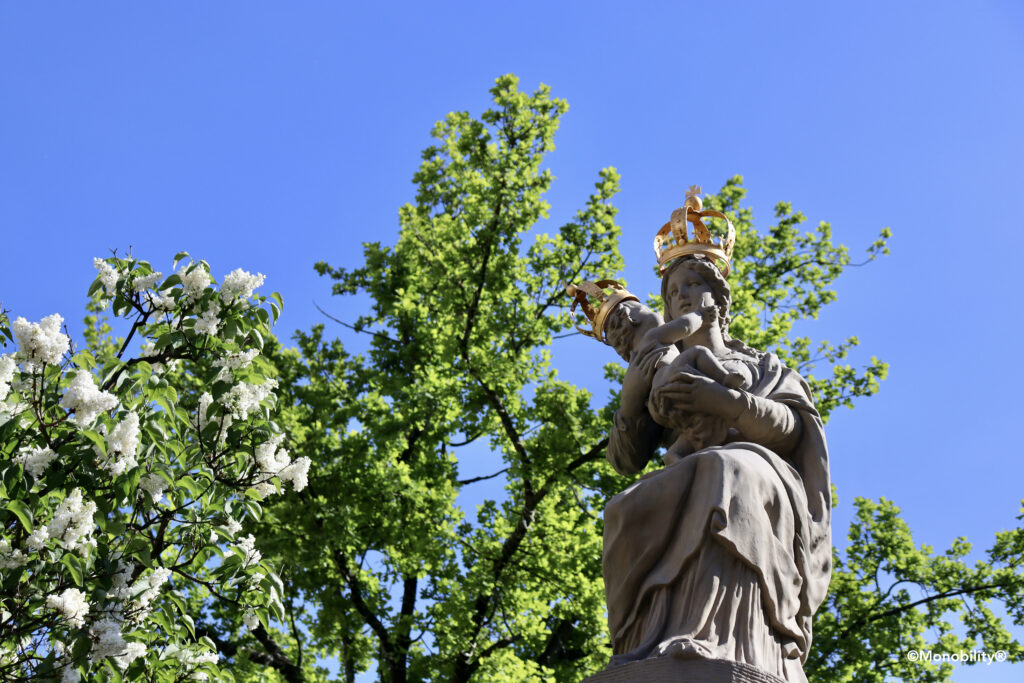To Korean ears, rhyming often seems like a form of wordplay. Due to syntactical differences between Korean and most European languages, Korean poems rarely use rhymes. Otherwise, anyone could be a poet by just rhyming with -요 or -다, right? Instead of rhyming, Korean writers may utilize prose poetry styles and techniques such as alliteration, mimetic adverbs, homophones, or words pronounced similarly, perhaps more freely than in European literature, where excessive use of such tools would often sound like mere wordplay. If you are learning Korean, you can discover the Korean poetic prose style in many episodes of “When Life Gives You Tangerines (2025),” often in the mellifluous, thoughtful narration delivered by the multitalented singer/actress IU. In the final scene of its last episode, for example, the screenwriter 임상춘 employs homophones and similarly sounding words with different meanings to achieve beautiful lines of literary quality that give the viewers lingering emotional effects. At 2:57 of the video,
만날 every day [ = 맨날 ]
만날 that … will meet; to meet [ 만나다 to meet; 만나-ㄹ = 만날 relative clause ending in future tense ]
없다 not to exist [ <=> 있다 to exist, there is/are ]
… 없었으면 without … [ hypotheical, past tense ]
And at 4:19,
어리다 young
여리다 tender, soft-hearted
여전히 still; as before
While today’s world is gradually messed up by certain nations’ crude pursuit of their bygone “greatness” at the expense of others, the creators of this K-drama bring out the universal “goodness” in each of us as human beings by acknowledging our parents’ love and sacrifice for their children. As its director, 김원석 said, accepting the prestigious Baeksang Art Awards on behalf of the screenwriter 임상춘, they created it to counter the “hatred” prevalent in contemporary society. Set in the 1950s and up until today’s Korea, this story of three generations of a typical Korean family masterfully weaves together unforgettable poetic lines, stunning cinematography, and an enthralling storyline brimming with nostalgia and warmth. Quietly and firmly, it also proclaims that the true greatness of one people who survived and thrived through their troubled past does not consist in conquering other countries or imposing arbitrary deals on others, but in sheer hard work, perseverance, and absolute love for their children, the next generation. And if you are like me, remembering your parents’ love for you, so many scenes of this masterpiece will leave you teary-eyed for a long time.
P.S.> 폭싹* 속았수다* Thank you so much for your hard work [ This particular phrase, the original title of this drama, is a Jeju Island dialect that even most Koreans don’t understand correctly. 폭싹* = very much; 속았수다* = you’ve done a hard work; => 참 수고 많이 하셨습니다 or 고생 많이 하셨습니다 in standard Korean ]
라이방* sunglasses [ archaic, from a brand name => in standard Korean, 색안경 or 선글라스 ]
Level A1: At 1:33 of the video, what does 반지 mean?
Level B1: “노을” can be one of the most beautiful words in Korean vocabulary. The word was used three times or more in the song “산골 소년의 사랑 이야기 The Love Story of a Mountain Village Boy” (1992), sung by the lead actors IU and Park Bo-gum (The song was not an OST of this drama, but I chose to use it for my video anyway.) What is the exact definition of this word “노을,” which is more specific than the English word “sunset”?
Level B2: As a young couple full of aspirations in the 1970s, the two actors conjugate a series of verbs in future tense from 3:24 and on in the video, namely, verb stems followed by-ㄹ/을 거야 in the informal register. There are 7 conjugations marked as [Future tense #1 – #7] in the subtitles. What did they say exactly?
Hint:
To have (a pet): 키우다 [ Koreans don’t say 가지다 to have, when it comes to pets ]
To eat out (in a restaurant, etc.): 외식(을) 하다
To wear (clothes): 입다
To wear (sunglasses): 끼다
As usual, add -을 if the verb stem ends with a consonant.
Level C1: As a drill, please conjugate the above seven verbs in the polite/normal register ending with -요, but this time in negation, -지 않을… [ will not do …. ]
Monobility® Group



